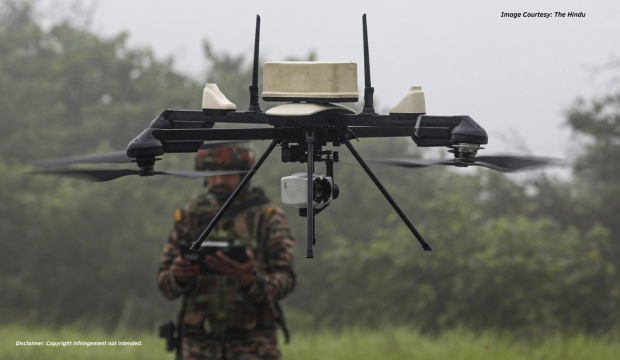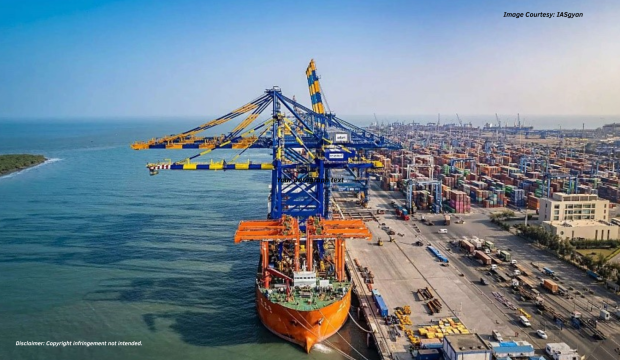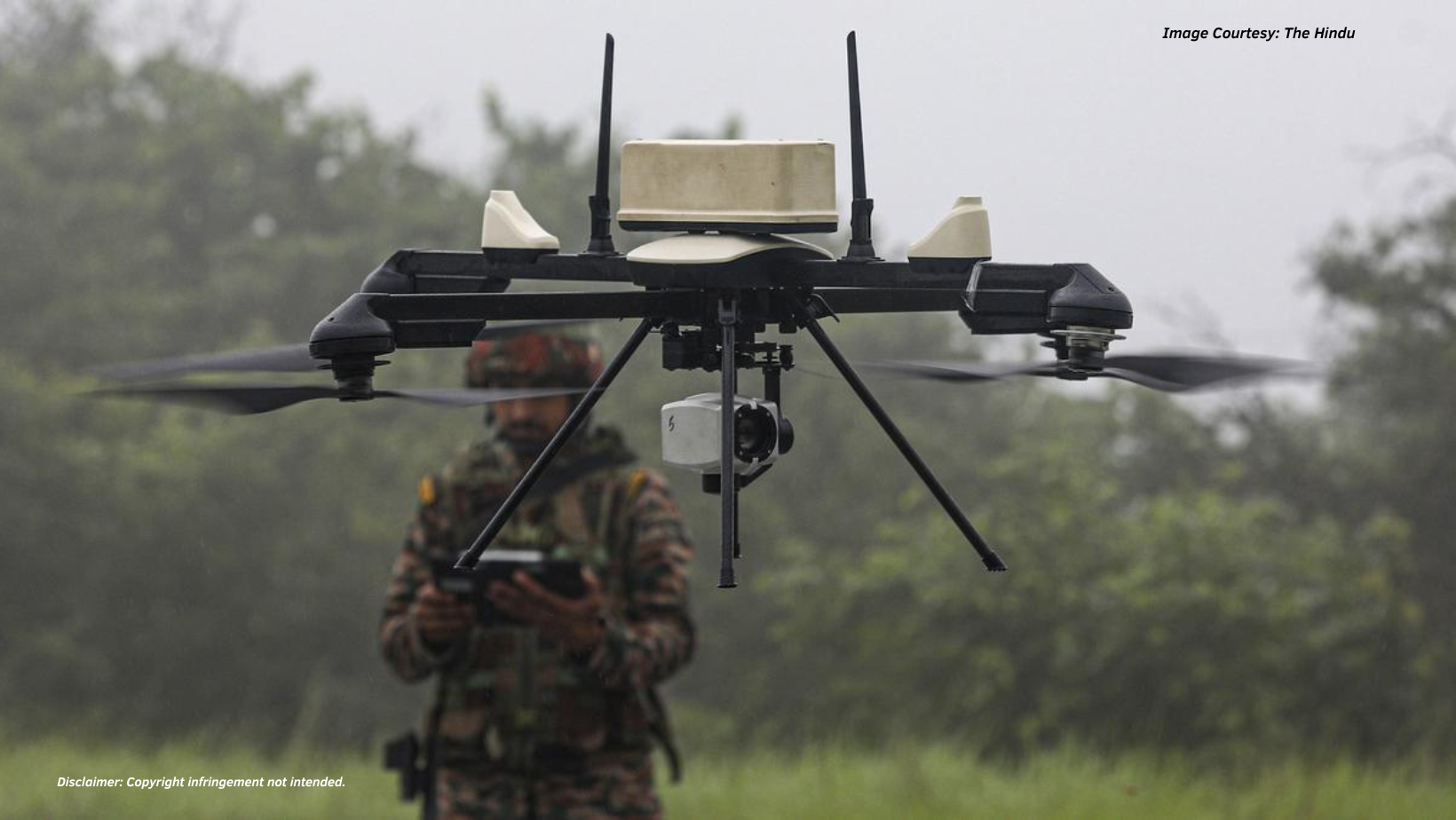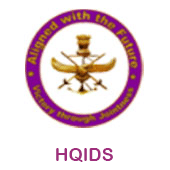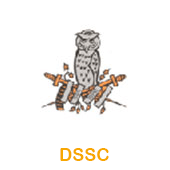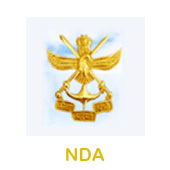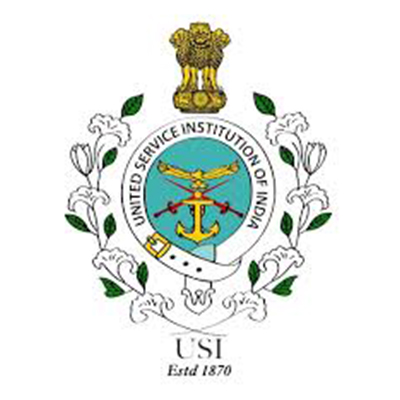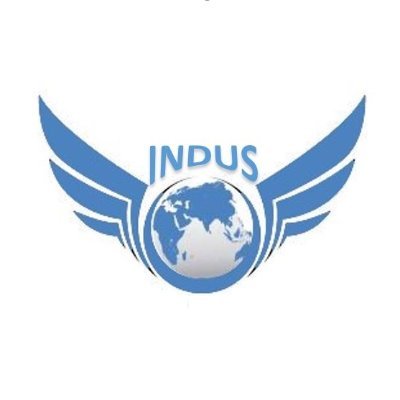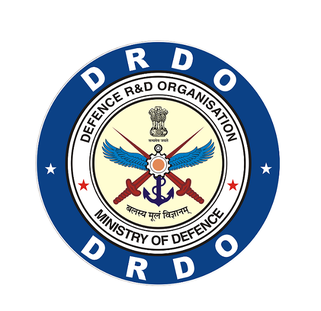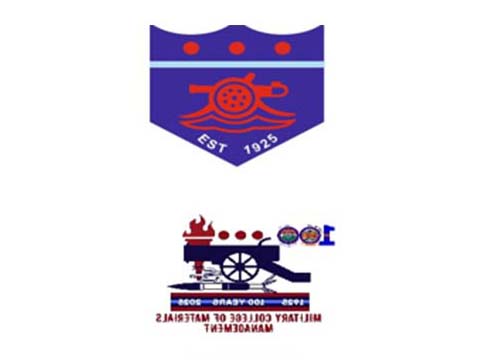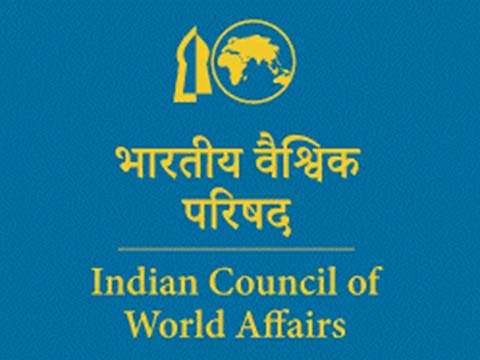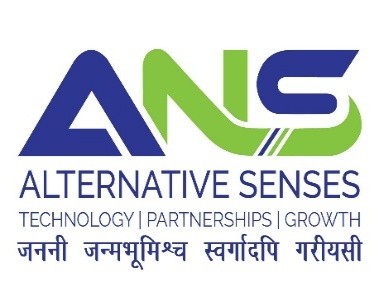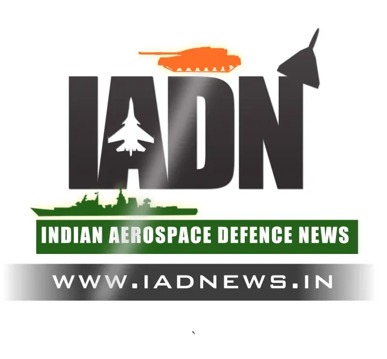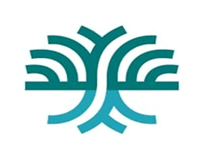Introduction
As the two emerging Global South powers, India and Brazil have developed multi-faceted bilateral relations ranging from trade, diplomacy, and cultural exchanges. Despite the separation by geography, both nations have shared goals and strategic interests, especially in the international forums. They are the regional powers in their respective continents and share their commitment to boosting defence through self-reliance, technology transfer, military modernisation etc. Defence relations are emerging as a crucial but less-explored aspect of their partnership. Even though the bilateral defence cooperation between India and Brazil is still in the nascent stages compared to other areas of cooperation, it holds immense potential. With mutual interests in key areas like maritime security, advanced defence technology etc, their growing partnership can contribute greatly to global and regional stability. This article seeks to explore the current defence relations between India and Brazil, the prospects and challenges.
Defence Ties: Brief Overview
The diplomatic relations between India and Brazil started officially in 1948. Their engagements were mostly rooted in their common and shared interests in the multilateral forums rather than an active bilateral relation. The bilateral relations gained momentum in the 1990s. The first-ever visit of an Indian Foreign Minister to Brazil was in 2003 when India’s External Affairs Minister Yashwant Sinha visited Brazil.[1] The same year, the Mixed Bilateral Commission between India and Brazil met for the first time. The state visit by President Lula in 2004 Republic Day marked another watershed in bilateral relations. Several topics were touched upon in the meeting, covering areas such as cooperation in space research, the peaceful use of outer space, tourism, cultural and educational exchange programmes, countering terrorism and the signing of a Preferential Trade Agreement between MERCOSUR and India, etc.[2] In 2006, a Joint Defence Committee was constituted as a fallout of the Defence Agreement signed in 2003.[3] In 2006, they established a ‘Strategic Dialogue Mechanism’ to address regional and global issues of mutual concern. As strategic partners, they have maintained various institutional mechanisms including the Joint Commission Meeting (Foreign Minister level), Foreign Office Consultations (Secretary), Strategic Dialogue (NSA), Economic and Financial Dialogue, Joint Defence Commission, Joint Committee on Science & Technology.[4]
A Memorandum of Understanding (MoU) on cyber security cooperation was signed between India’s CERT-In and its Brazilian counterpart during the state visit by President Bolsonaro in 2020. In addition to this, the countries also collaborate on cyber security issues within multilateral platforms such as BRICS and IBSA where both nations aim to work towards the establishment of a secure and resilient cyber governance framework to address global cyber challenges.[5] India and Brazil share a very close and multifaceted relationship in plurilateral fora as well, such as BRICS, BASIC, G-20, G-4, IBSA, and International Solar Alliance, as well as in the larger multilateral bodies such as the UN, UNESCO, WIPO and WTO. [6]
Recent Developments
The defence relations between India and Brazil saw a boost in recent years, reflecting their evolving strategic interests and commitment to global and regional security and achieving self-sufficiency. The partnership includes various areas, from submarine maintenance and aircraft purchases to prospective missile technology collaborations, covering a wide array of defence strategies and technologies.
The 9th India-Brazil Joint Commission took place in August 2024, chaired by India’s External Affairs Minister Mr. Jaishankar with his Brazilian counterpart Mauro Vieira, discussing bilateral ties, trade, defence, energy, agriculture, space technology etc.[7] The External Affairs Minister stated that “The India-Brazil strategic partnership has deepened and diversified over the years and now spans a very wide range of domains, including defence, space, security, technology and people-to-people relations”.[8] In August 2023, the Brazilian Army Commander visited India, and his second visit in February 2024 marked the first-ever India-Brazil 2+2 Secretary-level talks.[9] The discussions explored ways for critical technology, mineral and energy cooperation, counter-terrorism, freedom of navigation and strengthening ties in Southeast Asia.[10] Defence was a topic of discussion between Modi and Lula at the G 20 summit in 2023.
One of the key areas of India- Brazil defence relations is maritime cooperation. A meeting of the Brazilian Navy delegation in September 2023 with the Indian Chief of Naval Staff was a watershed moment. India is poised to utilise Brazil’s expertise in naval matters, particularly related to Scorpene submarine maintenance.[11] The talks identified several specific avenues for technical cooperation, including the development of a general maintenance philosophy, upgrades to weapons systems, and the local production of spare parts.[12] The visit by Admiral Olsen, Commander of the Brazilian Navy, to India in 2024 represented another crucial development in the bilateral relations. He expressed strong interest in collaboration with India on a wide range of maritime security issues, including critical areas such as maritime intelligence sharing and cyber security and recognised India’s strengths in anti-piracy efforts, transnational crime, illegal fishing, and Humanitarian Assistance and Disaster Relief (HADR) etc. As a fellow nation in the BRICS and Global South, Brazil views the partnership with India in naval matters as significant.[13] The Indian Navy stated that “The visit aims to enhance maritime cooperation between the two countries as well as showcase the commitment of like-minded navies to collaborate and cooperate on shared challenges in maritime security”.[14] The two navies are also interacting in multilateral exercises like MILAN and India-Brazil-South Africa Maritime (IBSAMAR).[15]
Another significant area of cooperation that has recently come into the limelight is the potential acquisition of Embraer’s C-390 aircraft by the Indian Air Force (IAF). Brazil’s Embraer Defence & Security and India’s Mahindra Defence Systems signed an MoU in February 2024 for jointly fulfilling the acquisition of the C-390 Millennium multirole tactical airlifter for IAFs Medium Transport Aircraft (MTA) acquisition programme.[16]
The Brazilian Army has also expressed interest in acquiring India’s Akash Missile system, the surface-to-surface air missile system developed by Bharat Electronics Limited (BEL).[17] The Akash missile system has been renowned globally for its ability to intercept multiple aerial targets simultaneously.[18] Joint ventures between Brazilian and Indian companies were in place earlier too, when India’s Jindal Defence joined hands with Brazilian small arms manufacturer Taurus Armas S A to establish a manufacturing unit in India.[19]
An Analysis
The recent synergy in relations between Brazil and India can be viewed in the context of the shifting geopolitical landscape and converging interests of the two major powers of the Global South. South-South cooperation has been a hallmark of India-Brazil relations. The cooperation focuses on shared goals and challenges by collaborating through platforms like BRICS and IBSA, in areas such as trade, technology transfer, and defence. Additionally, both countries work together to promote reforms in global institutions and support sustainable growth.
The Foundation for National Security Research (FNSR) group published a report in 2011 assessing India’s strategic partnership with different countries.[20] The report emphasizes that political alignment between partners is a vital criterion in assessing the value of strategic partnerships. In India’s case, three key areas have been identified where a partner’s support can significantly elevate its position as a strategic ally. The first area is backing India’s stance on matters involving Pakistan and Kashmir, or supporting its broader fight against terrorism. The second involves support for India’s nuclear policy. The third area is endorsing India’s bid for a permanent seat on the United Nations Security Council (UNSC). These factors are considered essential for strengthening strategic ties with India.[21]
In the case of Pakistan and Kashmir, Brazil’s political stance has at times diverged from India’s expectations. Brazil maintains an active embassy in Islamabad, and a notable instance of this divergence occurred in 2009 when Brazil sold MAR-1 anti-radiation missiles to Pakistan despite India’s objections.[22] The Brazilian government defended the sale, arguing that Pakistan as a state should be viewed separately from the terrorist groups operating within its borders. Despite that, recently in the September 2024 meeting of IBSA, Brazil called out for concerted actions against terrorist entities including Pakistan-based terrorist organisations such as Lashkar-e-Taiba and Jaish-e-Mohammad.[23] About the Kashmir issue, Brazil maintained a neutral stance calling it “India’s internal issue” which is exactly the international response India wants.[24]
Regarding nuclear policy, Brazil has expressed keen interest in gaining a share of India’s expertise in nuclear technology through collaborative research, development, and scientific exchanges.[25] Brazil is one of the biggest champions of India’s bid for UNSC and vice-versa. Brazil and India are both members of the G-4 grouping and representatives of the developing world along with Germany and Japan who support each other’s bids for permanent seats in the UNSC. From these, it is evident that as far as political and diplomatic cooperation is concerned, India and Brazil have strong ties.
Some of the major hurdles in the defence cooperation between both countries include the geographical distance between them, logistical complexities, increased transit time for equipment, challenges in the coordination of joint exercises etc. Changes in government priorities, budget constraints, and differing defence strategies may at times slow down progress in certain areas of collaboration.
Way Forward
There are immense opportunities for India and Brazil to enhance their defence cooperation. A few areas of cooperation and other suggestions for consideration in this regard are given below.
- Cooperation in Space/Aerospace Technology: The history of space collaboration between India and Brazil is strong. There is a greater potential for deeper cooperation in rocket launches, satellite communication, payload development, etc. Brazil has advanced expertise in aviation technologies with companies like Embraer at home. India can utilise this potential for aircraft co-development to strengthen its defence aviation sector.
- Joint Manufacturing: Another area of emerging cooperation is joint defence production. Similar to the Jindal-Taurus joint venture on small arms, joint manufacturing can be extended to other defence equipment like armoured vehicles, naval systems etc.
- Institutional Collaboration: Brazil has the potential to collaborate with India’s leading research and analysis institutions to create and share valuable data and insights on defence and security issues. This partnership would not only deepen mutual understanding between the two nations but also contribute to greater stability at the national, regional, and international levels. By working together in research, Brazil and India can effectively address shared security challenges and enhance their overall strategic cooperation.
- Utilising the Potential of Multilateral Forums: Multilateral forums such as IBSA provide a platform for dialogue among developing nations.The presence of China in broader forums like BRICS introduces a unique dynamic. While both Brazil and India collaborate with China within BRICS, they are mindful of China’s growing global influence. Strengthening ties through IBSA allows them to promote their leadership in the Global South, counterbalancing China’s rise, and maintaining a more balanced geopolitical approach in international relations.
Conclusion
The relations between India and Brazil had shifted far from its traditional sense of cultural ties, highlighted by Brazilian football and Samba and the Indian influence of Bollywood and Yoga. Efforts are taking place from both sides to bolster their defence industry by sharing knowledge, best practices and technology.
Looking ahead, Brazil’s G20 presidency offers a pivotal opportunity for dialogue between the foreign ministers of India and Brazil. This collaboration will be crucial in ensuring that the positive outcomes from India’s G20 Presidency are effectively carried forward, establishing a foundation for ongoing cooperation on critical global issues. Additionally, the upcoming BRICS Summit in Russia presents another significant platform for both nations to strengthen their ties and address pressing challenges facing emerging economies.
As the geopolitical landscape evolves, particularly with China’s increasing influence in Latin America, India must adopt a proactive approach to counter this presence. Recognising China as a competitor rather than merely an economic partner, India has the opportunity to reinforce its strategic relationship with Brazil. By working together, both nations can reduce China’s leverage in the region, promoting a more balanced power dynamic in international relations.
DISCLAIMER
The paper is author’s individual scholastic articulation and does not necessarily reflect the views of CENJOWS. The author certifies that the article is original in content, unpublished and it has not been submitted for publication/ web upload elsewhere and that the facts and figures quoted are duly referenced, as needed and are believed to be correct.
References
- MEA. “India – Brazil, Joint Statement.” Mea.gov.in, June 20, 2003. https://www.mea.gov.in/bilateral-documents.htm?dtl/7675/India++Brazil+Joint+statement.
- MEA, “New Delhi Declaration between India and Brazil,” Mea.gov.in, January 27, 2004, https://www.mea.gov.in/bilateral-documents.htm?dtl/7420/New+Delhi+Declaration+between+India+and+Brazil.
- Ministry of External Affairs. “India – Brazil Joint Communique.” Ministry of External Affairs, Government of India, 2023. https://www.mea.gov.in/bilateral-documents.htm?dtl/6335/.
- MEA, “India-Brazil Relations,” Ministry of External Affairs, January 2024, https://www.mea.gov.in/Portal/ForeignRelation/Brief_on_India-Brazil_Relations__unclassified___22.1.24_.pdf.
- Ibid
- ANI. “India, Brazil Discuss Mutual Interests, Ways to Enhance Defence Cooperation.” @bsindia. Business Standard, September 11, 2024. https://www.business-standard.com/external-affairs-defence-security/news/india-brazil-discuss-mutual-interests-ways-to-enhance-defence-cooperation-124091100541_1.html.
- Tribune News Service. “India-Brazil Relations Deepened, Diversified over Years: Jaishankar – the Tribune.” The Tribune, August 28, 2024. https://www.tribuneindia.com/news/india/india-brazil-relations-deepened-diversified-over-years-jaishankar/.
- PTI. “India-Brazil Strategic Partnership Deepened and Diversified over Years: Jaishankar.” The Hindu, August 27, 2024. https://www.thehindu.com/news/national/india-brazil-strategic-partnership-deepened-and-diversified-over-years-jaishankar/article68574409.ece.
- Siddiqui, Huma. “Brazil’s Strategic Military Evaluation: The Akash Missile System.” Financialexpress.com. Financial Express, July 4, 2024. https://www.financialexpress.com/business/defence-brazils-strategic-military-evaluation-the-akash-missile-system-3543909/.
- PTI. “India, Brazil Hold First ‘2+2’ Defence and Foreign Ministerial Dialogue.” The Indian Express, March 14, 2024. https://indianexpress.com/article/india/india-brazil-defence-foreign-ministerial-dialogue-9214491/.
- Siddiqui, Huma. “ India-Brazil Naval Cooperation: A Partnership in Submarine Maintenance.” Financialexpress.com. Financial Express, September 7, 2023. https://www.financialexpress.com/business/defence-india-brazil-naval-cooperation-a-partnership-in-submarine-maintenance-3235648/.
- PIB. “BRAZILIAN NAVY DELEGATION VISITS WESTERN NAVAL COMMAND.” Pib.gov.in, 2022. https://pib.gov.in/Pressreleaseshare.aspx?PRID=1840949.
- Chowdhury, Srinjoy. “‘Keen to Work with India’: Admiral Olsen as Brazil Explores Nuclear-Powered Submarines Sector.” Times Now, August 25, 2024. https://www.timesnownews.com/world/keen-to-work-with-india-admiral-olsen-as-brazil-explores-nuclear-powered-submarines-sector-article-112781182.
- Shankar, Ravi . “Brazilian and Indian Naval Chiefs Discuss Cooperation and Training.” Bharat Shakti, August 21, 2024. https://bharatshakti.in/brazilian-and-indian-naval-chiefs-discuss-cooperation-and-training/.
- Ibid
- Embraer. “Embraer and Mahindra Announce Collaboration on the C-390 Millennium Medium Transport Aircraft in India.” Embraer.com, 2024. https://www.embraer.com/global/en/news?slug=1207340-embraer-and-mahindra-announce-collaboration-on-the-c-390-millennium-medium-transport-aircraft-in-india.
- Embraer. “Embraer and Mahindra Announce Collaboration on the C-390 Millennium Medium Transport Aircraft in India.” Embraer.com, 2024. https://www.embraer.com/global/en/news?slug=1207340-embraer-and-mahindra-announce-collaboration-on-the-c-390-millennium-medium-transport-aircraft-in-india.
- IDRW. “Brazil Seeks Financial Information for India’s Akash Missile System – Indian Defence Research Wing.” Idrw.org, August 5, 2024. https://idrw.org/brazil-seeks-financial-information-for-indias-akash-missile-system/.
- Mattoo, Shashank. “Jindal Defence Partners Brazil’s Taurus Armas to Make Small Arms.” mint, October 17, 2022. https://www.livemint.com/companies/news/jindal-defence-partners-brazil-s-taurus-armas-s-a-to-boost-arms-indigenisation-11666008491683.html.
- Kumar, Satish , and Sibal Pradhan. “India’s Strategic Partners: A Comparative Assessment.” Foundation for National Security Research Group of Experts, 2011, 1–17.
- Singh, Priti, and Devika Misra. “India-Brazil ‘Strategic Partnership’: Rhetoric and Reality.” Indian Foreign Affairs Journal 14, no. 3 (2019): 181–94. https://www.jstor.org/stable/48636725.
- The New Indian Express. “Brazil’s Sale of Missiles to Pakistan Surprises India.” The New Indian Express, January 9, 2009. https://www.newindianexpress.com/nation/2009/Jan/09/brazils-sale-of-missiles-to-pakistan-surprises-india-16611.html.
- Press Trust of India. “Brazil, South Africa Back India’s Call for Action against Pakistani Terror Groups Lashkar, Jaish.” Firstpost, September 27, 2024. https://www.firstpost.com/world/brazil-south-africa-back-indias-call-for-action-against-pakistani-terror-groups-lashkar-jaish-13819591.html.
- Express Web Desk. “CAA, Kashmir India’s Internal Issues: Brazilian Envoy ahead of Bolsonaro Visit.” The Indian Express, January 23, 2020. https://indianexpress.com/article/india/caa-kashmir-indias-internal-issues-brazilian-envoy-ahead-of-bolsonaro-visit/.
- Bhattacherjee, Kallol. “Brazil Keen on Tie-up with India in Nuclear Energy.” The Hindu, November 18, 2021. https://www.thehindu.com/news/national/Brazil-keen-on-tie-up-with-India-in-nuclear-energy/article60297531.ece.





